
Innovation for What? The Politics of Inequality in Higher Education
Today’s embrace of “innovation” in higher ed advances the interests of the business elite over those of educators or students.


Today’s embrace of “innovation” in higher ed advances the interests of the business elite over those of educators or students.
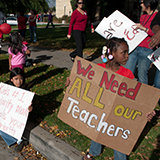
While childcare costs have soared, wages in the industry have stayed flat—leaving nearly half of childcare workers dependent on public benefits to survive. Why is the labor of educating children worth so little?

By reframing war in terms of “moral injury,” philosopher Nancy Sherman dodges the question of who is responsible for its horrors in the first place.
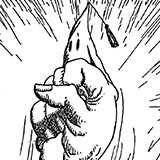
An interview with historian Lisa McGirr about her new book The War On Alcohol, and why Prohibition was more important than most people think.

Despite the right’s appeals to “family values,” free-market policies are extremely destructive to American families.
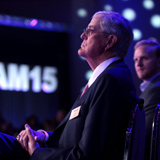
Jane Mayer’s Dark Money is a magisterial portrait of the right-wing billionaires who have “weaponized” conservative philanthropy and pulled the GOP ever further right. Yet Mayer’s account fails to explain something just as alarming: the far-right surge from the grassroots.
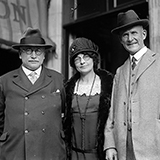
If Bernie Sanders’s presidential run is to herald a new socialist movement, American leftists will have to overcome the combination of sectarianism, repression, and cooptation that doomed their predecessors.

What’s the difference between socialism and social democracy? In 1991, Dissent convened several longtime contributors to answer that question, somewhat rephrased: what would distinguish socialism from a slightly improved version of Sweden?
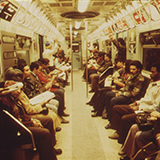
City on Fire—Garth Risk Hallberg’s massive and elaborately constructed novel about New York in the 1970s—offers the contours of the great social novel. But it struggles to reveal the ways in which power actually works.
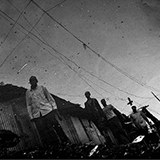
In 1986, Deng Manyoun left his southern Sudan town to escape civil war and famine. Nineteen years later, he was shot dead by a white police officer in Louisville, Kentucky. Manyoun’s story illustrates not just the alarming scale of U.S. police violence but the dramatic failure of our refugee resettlement policy.
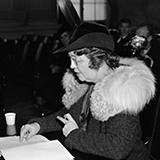
At its height, the American welfare state provided direct financial support to scores of writers. They used it to challenge the political status quo, revolutionizing literary form in the process.
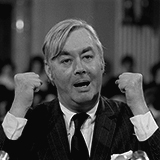
Pundits far and wide portray Daniel Patrick Moynihan as a prophet without honor, whose unpopular message carried great potential but went sadly unheeded. Nothing could be further from the truth.
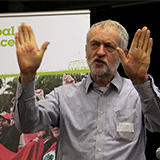
Jeremy Corbyn’s ascent marks a watershed moment for Britain’s Labour Party—but it is a product of contingency and failure as much as radical brilliance or inspiration.

Beginning in the early 2000s, adoption became a preeminent social cause for U.S. evangelicals. What happened when adopting families found out that the children they had “saved” were not, in fact, orphans?

David Bowie’s lyrics were hard to mine for political content, but his songs will continue to suit moments they were never written for.